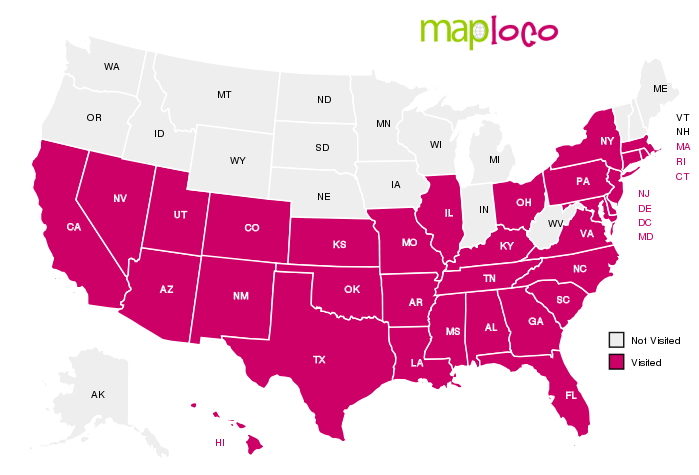A Day In the Life Of... Summer Photography Lessons
A day or so ago, as I was working on the image above and the many variations I've worked with this week, when Justin decided he would give it a shot. I had been groaning that we had screwed up the above panorama by not shooting consistently, and now I didn't know if I would have a chance at getting the sky (and water) to match in color. Mr. Computer Geek thought he'd be able to figure it out and that "it should be easy".
Two hours later he was about to kill my computer.
Or photoshop.
I'm not clear as to which.
The above shot, which is not completed, was put together with a minimum of at least 6 images. I have at least 20 of this area which I am currently working with. We shot using bracketing. One or both of us thought it would be intriguing to do an HDR panorama. Let me just say that I learned my lesson. Shoot using one aperture, one iso, and one shutter speed. (I'm not sure which one we screwed up. Probably shutter speed.)
I guess that's the thing though. You learn through trial and error (+ correcting your mistakes). Unfortunately (or fortunately) I am stubborn enough that if I want something to work, I will make it work. You can bet that I will see this image through. I will work it and work it and work it until something awesome happens. In the meantime, I have learned quite a few things from this summer's crazy shooting sessions.
Here are a few:
1. When shooting a panorama, shoot on manual. Playing with the settings in manual to achieve bracketing and shooting half a dozen times or more will result in a much more consistent image and require less work in photoshop afterwards.
2. As obvious as it may be, stay in ONE SPOT while shooting panoramas. It's crazy seeing how things change when you shift from one position to the next. It also makes it hard for photoshop (and yourself) to put images back together.
3. Manual focus is not as scary as it seems. After screwing up a bunch of auto focussed fireworks this summer at twilight, I decided to give manual a go. Since then I have found that manual focusing is more likely to give me guaranteed results in comparison to automatic when lighting is limited. (Don't get me wrong though: Using a tripod and having patience are definitely the key to this approach.)
4. Shoot more shots of a scene than you think you need. You have no idea how much this has saved me. I literally shoot until I am tired of a scene ... and then I shoot some more. There are two reasons why this is beneficial. The first is that you are able to become more in tune with your subject. You begin looking at the object differently. You see lines, shapes, colors ... and you also notice little things that might be screwing up your shot. (Is that a piece of trash in the grass behind that beautiful flower?) Secondly, when you finally get to the computer, you will also notice things you didn't when taking the image. When you looked at your camera screen did it look like all 5 people had their eyes open and were looking at the camera (as opposed to picking their nose or some such silliness)? Well, guess what? Someone was squinting. It's a good thing you got that second (or third or fourth) shot. (Plus, it's super awesome to use multiple images in photoshop to cut people out of scenes when they are blocking that super awesome monument you shot.)
Of course I should also mention, with regards to shooting a ton, that you don't have that option when shooting with film. I think with film you should take a completely different approach. Usually slow and steady is the way to go. Plan, look, plan, look, plan, look. Only shoot when you know you have your ideal shot. And then shoot a second or third time using the same method of planning and looking. You have even less ability to correct an image shot with film than you do with digital.
5. Don't be afraid to direct people in the scene you are shooting. I'm always afraid to speak up, but even if people don't listen or know how to follow my directions, if I at least try to recommend what they should do, the images typically turn out better. In all honesty, no one knows better what you are trying to shoot than yourself. They can't read your mind. A little direction goes a long way.
I'm grateful for all of the opportunities this summer to get out of the house and spend time with my camera. It's true that the more time you spend shooting, the more you learn and the better you become.
*mini rant* Of course the more I shoot the more I hate people who say "you can just fix it in photoshop later." If I wanted to fix it in photoshop later, why would I bother fixing it now? Or even moreso, why would I bother shooting it to begin with? Why not just create the scene in photoshop from scratch since that's what you want me to do anyway? *end rant*
Taking photos is a bit like taking notes. You take the best photos you can, and then you expand on it later.







